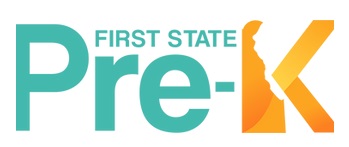In Delaware, raising a family with children is expensive. Whether or not a family can afford child care depends on income remaining after paying basic household expenses.
Despite recent state investments, there are still significant needs to help families afford child care. Dependable care means parents can work and children can get a strong start in life. However, many working families make too much to qualify for public assistance but not enough to include child care in their basic budget.
The family calculator is a policy tool that allows users to better understand the challenges of affording child care. In this calculator, users select an occupation. Based on the median income for that occupation, users can understand whether or not a family can access the licensed child care market after paying basic monthly expenses.
For families who wish to see if they qualify for child care subsidy, please visit the Delaware Department of Health and Social Services, Division of Social Services web page.
To better understand the challenges of affording child care by county, please check out Rodel’s Child Care Affordability Calculator by Income.


